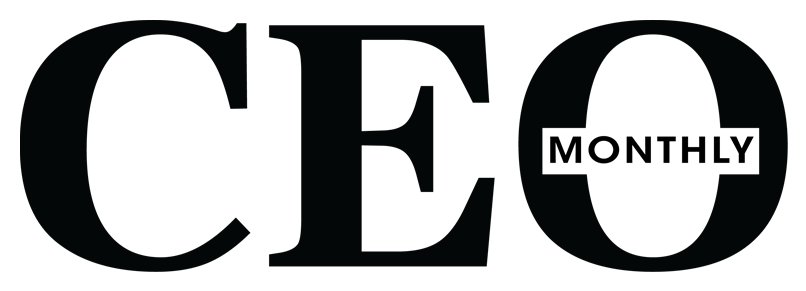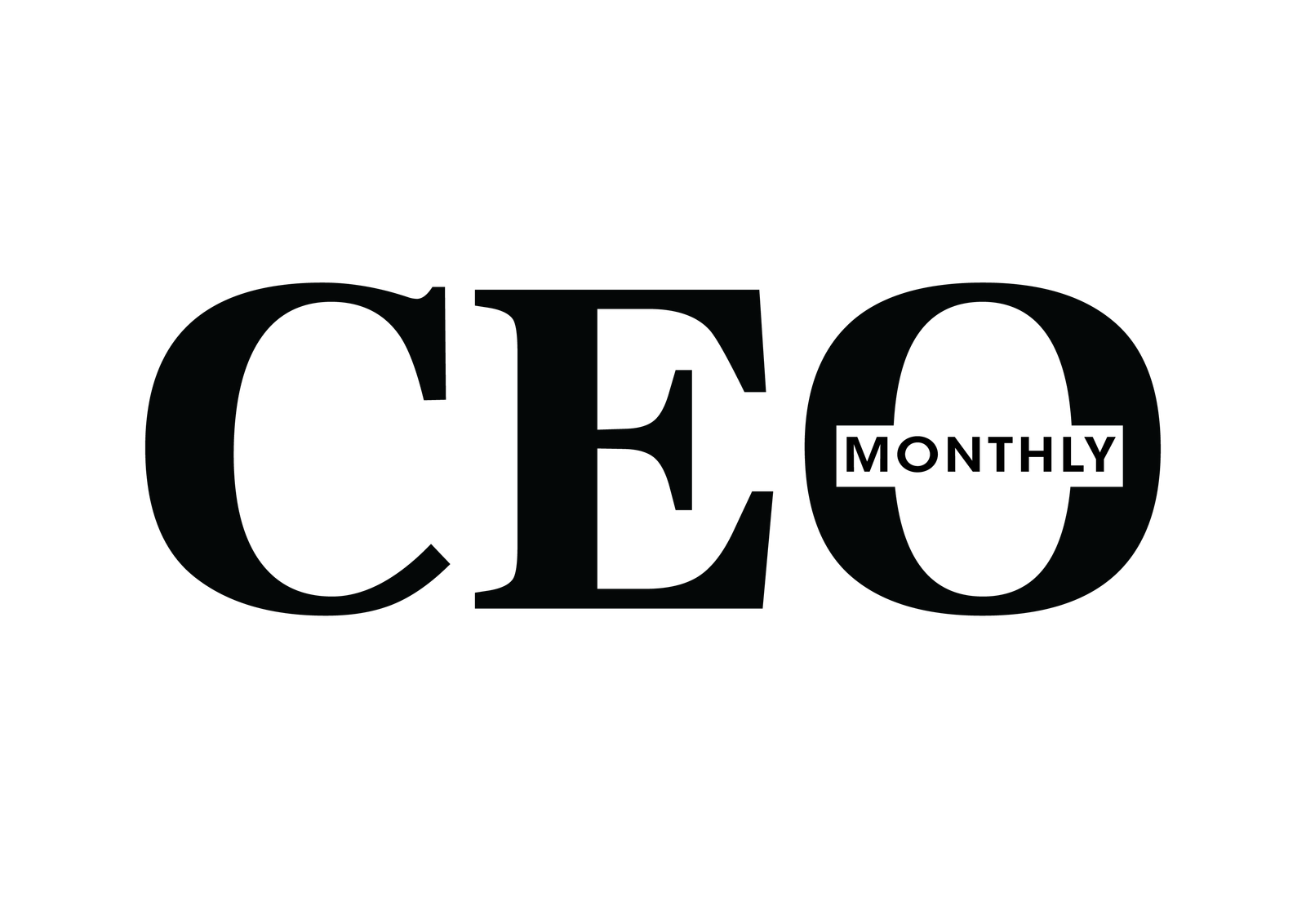“As for inclusivity, it is key to look at people as equal human beings, no matter their gender, race, or color.”
Patricia Recarte Iguaz
Patiricia Recarte Iguaz is the CEO and founder of KADO. Previously, she held leadership positions in early-stage European startups, leading their corporate strategy and expansion efforts. Pati started her career as an M&A Investment Banker at Morgan Stanley in London.
Thank you so much for giving us your time! Before we begin, could you introduce yourself to our readers and take us through what exactly your company does and what your vision is for its future?
Patricia Recarte Iguaz: I’m Pati, a 28-year-old Spanish woman living in NYC and CEO of KADO. KADO is a smart networking and client management solution, made to help businesses grow through meaningful relationships, like a marriage between Salesforce and Linkedin. Business users can connect with other users and soon will be able to chat and read updates, as well as review all aspects of their relationship with a client or contact in a way that is personalized and centralized, including emails, meetings, notes, social (Linkedin, Twitter), news. All of this is available within an enterprise ecosystem, meaning there is no risk of data loss with employee rotation.
In the future, we are exploring the use of AI to extract conclusions out of relationships, detect hot topics and even propose certain ways of approaching specific people. We’re also looking into the integration of blockchain, particularly to serve the financial industry, as data can be easily stored in an encrypted chain and be safely secured, avoiding loss of information.
NO child ever says I want to be a CEO/entrepreneur when I grow up. What did you want to be and how did you get where you are today?
Patricia Recarte Iguaz: I have always been a bit of a nerdy girl. I never played with dolls, and I used to love (and still do!) puzzles and science games. I was very attracted to anything space related and wanted to be an astronaut or space engineer. However, due to a mix of the traditional Spanish culture and my family being very involved in the legal sector, I was persuaded that a career in law was the best for a woman. This led me to studying Law and Economics, but I soon discovered that it wasn’t for me. I still finished my studies, but soon after I started working in investment banking in London. Being very numbers driven, I really enjoyed it, but was still very attracted to the tech ecosystem. I slowly started pivoting in the right direction, working for several startups in London and Barcelona, before I finally decided to move to the US to start writing my own story!
Tell us something about yourself that others in your organization might be surprised to know.
Patricia Recarte Iguaz: I’m a big Lego fan, I have a big lego replica of R2-D2 in my bookshelf! On the more adventurous side, I’m a big fan of sharks. I’ve done 30m deep dives and crossed Fakarava’s Wall of Sharks, packed with several hundreds of them.
Many readers may wonder how to become an entrepreneur but what is an entrepreneur? How would you define it?
Patricia Recarte Iguaz: The implications of being an entrepreneur are twofold: you are ready to take on the risk to start a project for which you feel passionate about but uncertain of its success, and you are able to multitask and get out of your comfort zone to take on roles and tasks that you never did before.
What is the importance of having a supportive and inclusive culture?
Patricia Recarte Iguaz: A supportive culture implies embracing failure. In many countries, failure has a very negative connotation. However, in the US that concept has been absolutely normalized and is even expected from those who have later achieved success. Society looks at the fact that you were courageous enough to try, not at the fact that you failed, and that considerably diminishes the burden of fear.
As for inclusivity, it is key to look at people as equal human beings, no matter their gender, race, or color. Breaking from the stereotypes and embracing diversity enriches the decision-making process in an unimaginable way. It helps you develop a product that is ready, not for a specific set of individuals, but for a broader population.
How can a leader be disruptive in the post covid world?
Patricia Recarte Iguaz: If COVID has proven anything, it is that digital is here to stay. Many legacy industries have seen their traditional workflows affected, having to suddenly gain an understanding of Zoom, virtual conferences, or communication applications like Slack. With a mindset that is more welcoming to new technologies, many opportunities have arisen around the future and decentralization of the workforce, as well as optimization and digitalization of workflows and processes. For example, KADO is trying to disrupt these traditional industries with a new type of networking and smart relationship management solution which, before COVID, may have been unthinkable.
A lot has also been developed around health tech and travel, with new solutions being developed for problems which we weren’t aware of before, such as applications to allow you to track your flight and travel documentation, beyond COVID requirements.
If a 5-year-old asked you to describe your job, what would you tell them?
Patricia Recarte Iguaz: Our company tries to help professionals better organize their information so that they can understand their clients or customers better and improve their business relationships. When you connect and get along well with someone else, it helps you build trust and generate more business.
As for me, first and foremost, my job is to take care of my employees. I need to ensure that everybody understands what our purpose is as a company and give them the tools and guidance to achieve it. This ranges from informing the engineers of why they are building the product and what we are trying to achieve, to ensuring that the people we are trying to help actually hear of us, to eventually corroborating that our customers are happy using our product with a good sales and customer service team.
Share with us one of the most difficult decisions you had to make for your company that benefited your employees or customers. What made this decision so difficult and what were the positive impacts?
Patricia Recarte Iguaz: Firing my first employee, as it meant recognizing my mistakes. Being a very early stage startup, changes happen every day: you research and build features, test them and, most often, you need to change or adjust things based on feedback. It is a process of continuous learning, change and adaptation. All employees have to be aligned in this matter; otherwise you end up sticking to old assumptions that are wrong and wasting valuable time. Unfortunately, this employee had the mentality of a larger corporation with fixed unchangeable tasks. This was negatively affecting the team performance and thus, the time-to-market of our deliverables. The decision to fire that employee strengthened the team as they saw that good work was valued, and ultimately it also improved teamwork and overall performance.
Leaders are usually asked about their most useful qualities but let’s change things up a bit. What is your most useless talent?
Patricia Recarte Iguaz: I am an efficiency-first type of person. However, I sometimes find myself trying to be efficient at tasks I just shouldn’t be doing at all which, in turn, is actually inefficient. I’m also very good at balancing a full cup on my head. Absolutely worthless, but a great party trick!
Thank you so much for your time but before we finish things off, we do have one more question. If you wrote a book about your life until today, what would the title be?
Patricia Recarte Iguaz: “Swimming against the current”
This interview was originally published on ValiantCEO.
Lenora Hatfield
I'm Lenora Hatfield, a seasoned writer specializing in the realms of business, finance, leadership, and corporate governance. With a keen interest in the dynamics of organizational success, I delve into topics such as marketing strategies and workforce development to offer practical insights and actionable advice.



